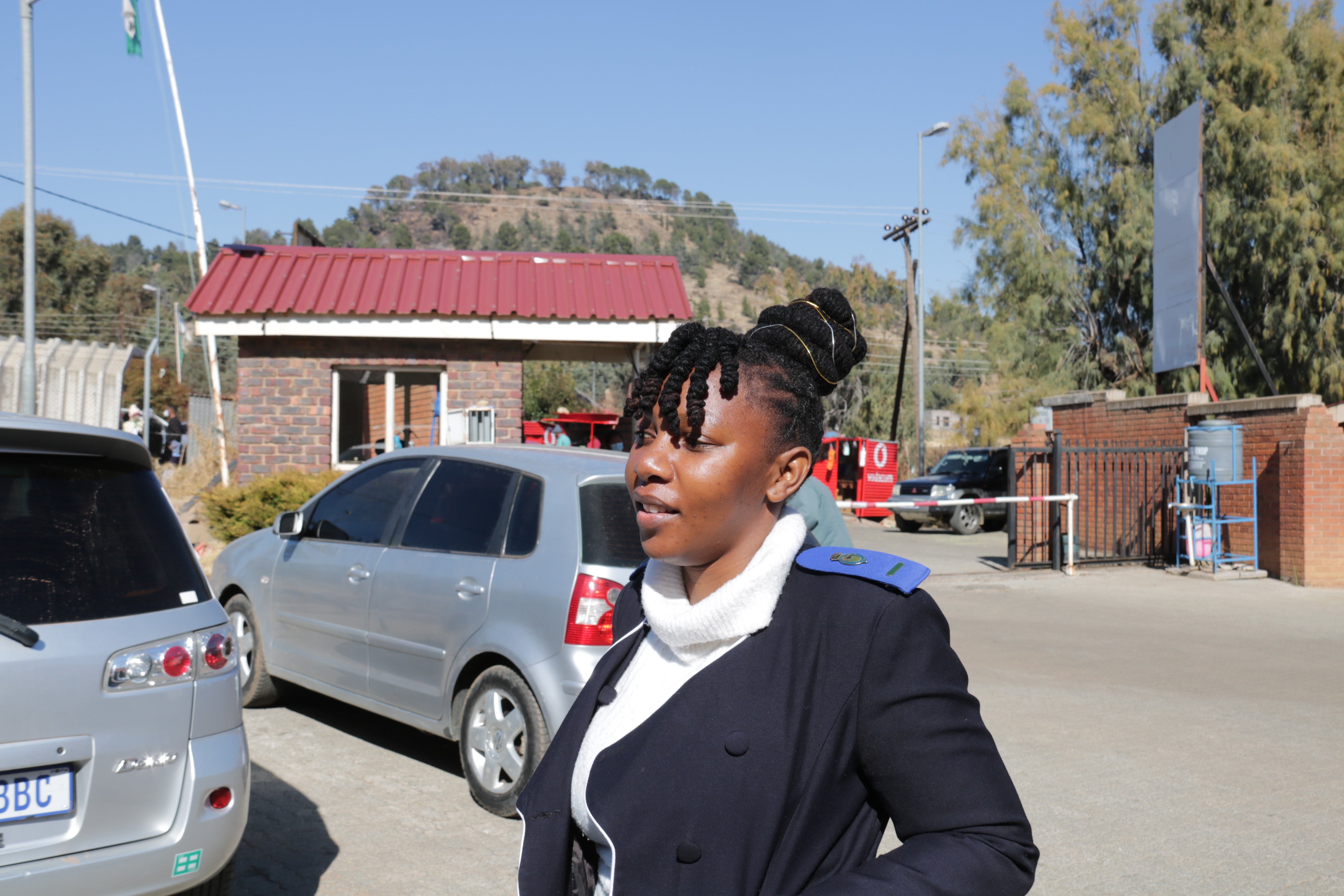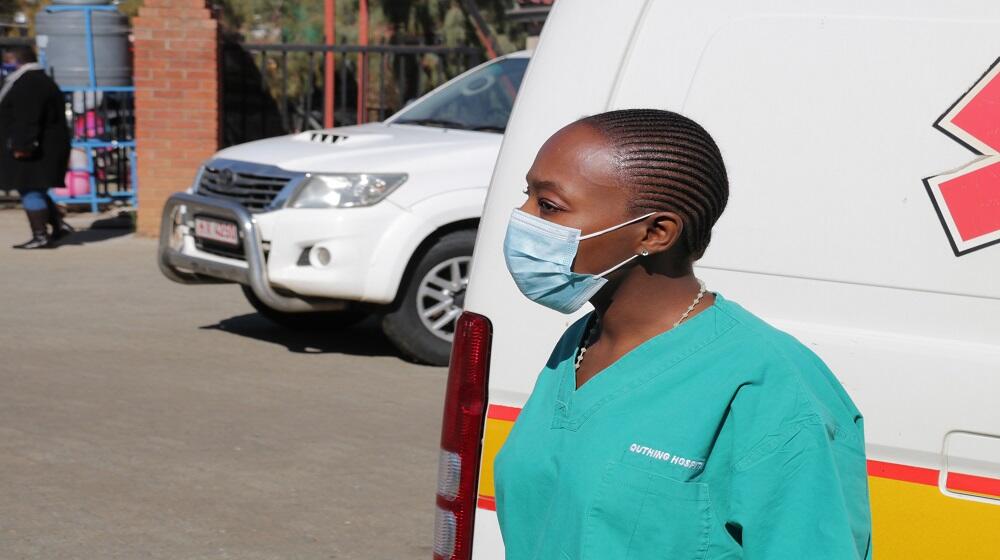For the Quthing government hospital, the maternity ward most often has more teenagers than other women of child bearing age. According to a Nurse Midwife working in the maternity ward at the hospital, teenagers from the age of 13 are admitted in the hospital for child bearing. “We have more of teenagers in the ward than those who are at the correct child bearing age, we see them mostly because we admit them at the waiting mothers home shelters. Since they are prone to risk, they have to deliver at hospital not any other health facility,” says the Nurse Midwife Ntebaleng Stoffel.
Her view is that since they are too young, they become more at risk since due to their physical built they encounter problems like Cephalopelvic disproportion (CPD) hence they most often have to be taken to theater for operation as their unborn babies usually have challenges in descending.
She says another problem is that since they are very young, the teenagers are often not able to follow the instructions as their understanding is low citing an example where they would be pushing earlier than their dilatation of the cervix and as thus encounter a cervical tear.

Another Nurse Midwife at Quthing Hospital working at the Ante Natal Clinic Lineo Mabusa affirms that 87% of those that come for ANC are teenagers aged between 13 and 19. “Most of them come late for ANC bookings because they are usually afraid of coming without informing parents. Sometimes they do not have transport to the facility, or they are afraid of their peers knowing that they are now pregnant,” she said also adding that sometimes they say they also hide their pregnancy because they still go to school and they would not want to miss classes. “Most of them have Pregnancy Induced Hypertension (PIH) which is rife among the teenagers while others end up with miscarriages mainly due to excessive stress often caused by embarrassment and fear.”
Early childbearing is associated with various health risks for both mother and child. Teenage mothers are more likely to experience pregnancy related complications which often lead to maternal death. In Lesotho, maternal mortality ratio is very high at 618/ 100 000 live births (Census 2016). Studies have shown that women in Lesotho mostly die of; Obstetric Hemorrhage 33% Hypertension related conditions 23.9% Puerperal sepsis 6.2%.
Out of concern for the high rate of maternal deaths, UNFPA, the United Nations Population Fund supports the Government of Lesotho in efforts to increase access to quality youth-friendly integrated sexual and reproductive health services and rights to prevent maternal mortality, reduce new HIV infections and eliminate gender-based violence and harmful practices.
UNFPA also leads implementation of 2Gether4SRH joint program in collaboration with UNAIDS, UNICEF and WHO. The program combines strategies and activities according to the strengths and comparative advantages of the four participating UN agencies, providing catalytic support to the government and civil society and communities to scale up quality integrated SRHR/HIV and SGBV services for all people, especially adolescent girls, young people and key populations.


